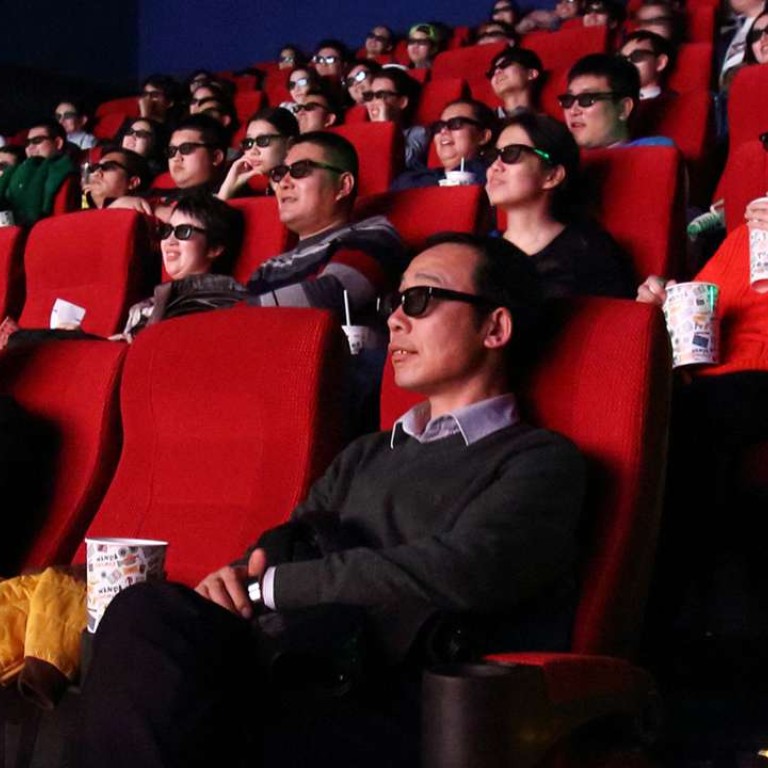
Hollywood and China make the perfect screen couple
Disquiet over growing links between the film industries of the two countries is misplaced: the financial, technical and educational benefits are obvious
Growing links between the Chinese and American film industries are being viewed uneasily by some in the US. They fret about a loss of culture, Beijing’s connections and censorship. But the buying spree of Hollywood assets, collaborations and tilt towards China’s cinema-goers is nothing to worry about. In a market economy, such developments are about mutual benefits.
China’s burgeoning film industry is a boon for Hollywood. Cinema audiences are declining in the US, but rising rapidly on the mainland. The effects-driven action movies that film-goers want are expensive to make. With so much potential and Chinese companies flush with cash wanting to expand overseas portfolios, US studios are understandably courting China.
Chinese firms have been acquiring production companies and cinema chains and striking collaboration pacts with an eye on acquiring technology and know-how as much as investment. Among the latest billion-dollar deals are the partnership between Alibaba Pictures Group, whose parent company owns this newspaper, and producer Steven Spielberg’s Amblin Partners; Bona Film Group’s purchase of a stake in 20th Century Fox; Hunan TV’s snapping up of Lionsgate Films; China Media Capital’s investment in Ron Howard’s Imagine Entertainment and Dalian Wanda’s purchase of Dick Clark Productions, Legendary Entertainment and the AMC and Carmike theatre chains.
The deals and the tailoring of Hollywood blockbusters for screening on the mainland have caused disquiet in the US. But it was Wanda’s failed bid earlier this year to buy a 49 per cent stake in Paramount Pictures, one of Hollywood’s six major studios, that sparked the greatest concern. In September, 16 members of Congress asked the government’s accountability office to study the Chinese investments, expressing fears about “propaganda controls on American media”.
China’s box office returns rose by almost 50 per cent last year to US$6.8 billion. That is a big lure for cash-strapped US studios, which realise the importance of Chinese money and audiences for making blockbuster movies. A number of films would have bombed had it not been for China’s cinema-goers. Equally understandable are Chinese product placements and actors like Shanghai’s Angelababy, unknown to American audiences, but a mainland box-office draw for Independence Day – Resurgence. Chinese elements in films also help bridge cultural divides.
Some in the US may see such developments as an erosion of free expression, artistic freedom and American soft power. But to make such claims is to ignore the financial, technical and educational benefits. When it comes to the entertainment industry, China and the US need each other.

